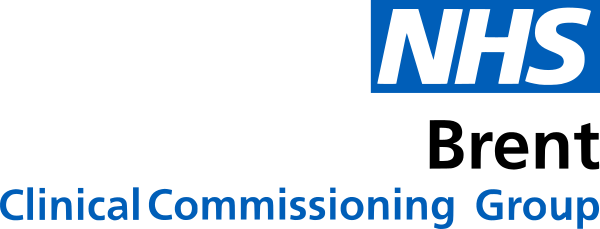How to manage your Hay Fever
Tuesday, 27 July 2021
Hay fever is caused by an allergy to pollen. The symptoms of hay fever are caused when a person has an allergic reaction to pollen. Common hay fever symptoms are:
- a runny, itchy and/or blocked nose
- sneezing
- itchy eyes
Pollen is a fine powder released by plants as part of their reproductive cycle. Pollen contains proteins that can cause the nose, eyes, throat and sinuses to become swollen, irritated and inflamed.
How to treat hay fever
Many hay fever symptoms can be controlled with over-the-counter medication at your local pharmacy.
- Steroid nasal sprays help to prevent or reduce inflammation in the lining of the nose and some can help to relieve watery eyes.
Available from your local pharmacy. - Antihistamines help to relieve a runny nose, sneezing, itching and watery eyes. Some types of antihistamines make you drowsy and are best taken before bed. Newer antihistamines are less likely to make you drowsy and are a common choice for children and people with milder or occasional symptoms of hay fever.
Available from your local pharmacy. - Decongestant nasal sprays and tablets are used to unblock the nose. They should never be taken for more than a few days at a time.
Available from your local pharmacy. - Eye drops can be used to treat itchy or watery eyes.
Available from your local pharmacy.
If none of the above treatments are effective for you, please book an appointment to discuss other treatments.
